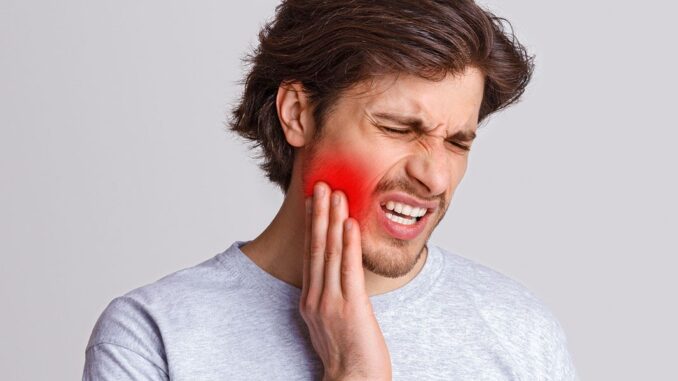
A dental emergency is all about pain, discomfort, stress, and a dental visit in the late or early hours. It is a lot of inconveniences, but you can minimize the risks of developing a dental emergency.
With a number of oral health-focused care measures, you can avoid dental trauma that demands emergency dentistry. Emergency dentist Port Melbourne has the following tips for you to minimize the need for immediate dental care.
Maintain Excellent Oral Hygiene
Your oral hygiene and care can prevent most dental issues from occurring. From dental decay to gum disease, most dental health-related problems develop due to lapses in oral hygiene.
You should brush your mouth twice a day and floss daily to remove food residue and plaque buildup. Keep in mind that your toothbrush should cover the entire mouth and do proper cleaning to minimize the bacteria load.
Replace Your Toothbrush Regularly
Your toothbrush is meant for thorough cleaning of your teeth. If it looks splayed or worn, you must replace it. It is good to replace your toothbrush every two months for efficient cleaning.
Also, don’t forget to replace your brush whenever you recover from fever and other general health conditions.
Monitor Your Sugar Intake
Do you snack on sugary foods frequently? Acidic mouth conditions and increased bacterial load in your mouth can damage your enamel, leading to cavities. This can increase acidity in your mouth and lead to bacterial growth in the mouth.
Therefore, cut down the sugar intake and replace it with non-sugary snacks. When you choose to snack on sugary treats, wash your mouth thoroughly after intake and drink plenty of water.
Playing Sports? Wear A Protective Mouthguard
Sports accidents are a major reason for a dental emergency. Severe accidents may require complex procedures and thousands of dollars to restore oral health and functionality. Therefore, if your child plays contact or non-contact sports, ensure that they wear protective mouthguards.
A custom-made protective mouthguard can save your child from dental injuries and give protection for their teeth and gums.
Have A Balanced Diet
Lack of proper nutrition can affect the health of your gums and jaws and lead to the demineralization of your teeth. Therefore, include adequate calcium, phosphorous, and vitamin C in your diet for strong teeth and a healthy mouth.
Also, drink plenty of water to support the production of saliva. Saliva can neutralize the acidity of your mouth and resist bacterial growth. It also washes away food residues and keeps your mouth fresh and clean.
Make Regular Dental Visits
Visit your dentist at regular intervals – usually six months – to evaluate your oral health and identify pre-existing conditions. Your dentist can identify most dental issues, including gum disease and early signs of dental decay, and give you preventive treatment and oral health tips.
Your dentist will also complete professional dental cleaning during a regular dental visit to remove the plaque and tartar deposit. This can reduce your risks of developing gum disease and deteriorating oral health.
Final Thoughts
Good oral health supplements your overall health and wellbeing. While you can’t avoid accidents and sudden changes in the oral health condition, you can take proactive steps to prevent most general oral health issues and dental decay. Your initiatives can make a big difference in your quality of life.
